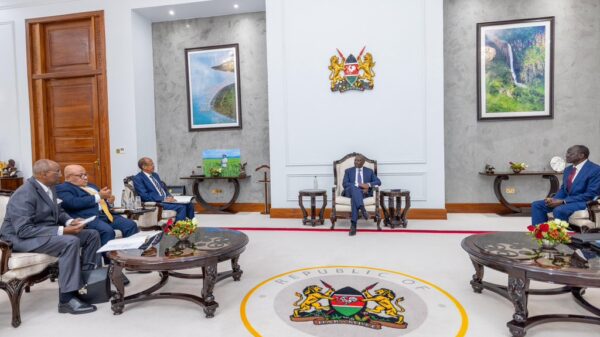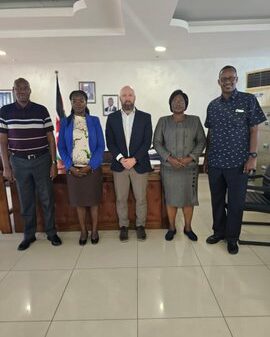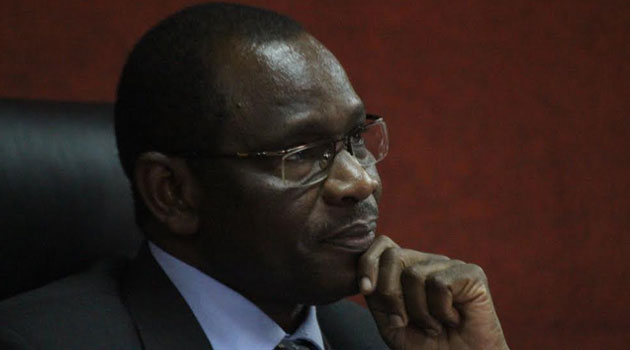BANGUED, Dec 26 – Eustaquio Bersamin visits the cemetery on weekdays and prays by the grave of his brother, a local political kingpin who was assassinated as he left a church in December 2006.
"Before, I also thought about revenge," said the newly elected governor of the remote northern Philippines province of Abra.
But, he added, "we also want Abra to stand for something other than gunplay".
Hemmed between mountains and a wide river, Abra is struggling to shake off its unwanted reputation as the Sicily of the Philippines, where warlords and political assassins are the only inhabitants making a killing.
The province of 250,000 people only has 88 prisoners, but they allegedly include some of the country’s most notorious hired guns.
Here the going rate for a Mafia-style "hit" on a local politician was just 5,000 pesos (about 100 dollars) in last year’s elections, according to people in the know.
"That is the house of a bodyguard of the former governor. Armed men knocked on his door and shot him dead during the election campaign," a local rental car driver said as he showed visitors the sights of the provincial capital.
Despite its natural beauty and rich mineral endowment, many people here live in poverty. Communist guerrillas operate in the lawless uplands, and some towns have been practically abandoned by their mayors, Bersamin said.
Abra’s reliance on tax handouts from the national government has meant that public office often brings deadly consequences.
More than 20 people, including Luis Bersamin, the long-time legislator for the province who was shot dead outside a church in Manila, were murdered in the run-up to last year’s vote.
"How can you attract tourists with all the shooting," asked his brother, who retired after 35 years in a civilian job at the Los Angeles sheriff’s office in 2003.
He renounced his US citizenship last year and ran for public office here to try to bring order to the place.
He admits coming home was a culture shock, with voters so terrified of the political violence that candidates had to campaign from house to house.
The folksy, wisecracking governor told AFP that getting used to living under more or less permanent threat was a "big adjustment". Threats are phoned in anonymously, he said, and he moves around with armed bodyguards all the time.
His children, all now adults, are out of harm’s way in the United States.
The governor says a key priority is improving the province’s road network to help link upland farmers to markets, as well as attract foreign mining investors.
The province literally sits on gold, but only unregulated, small-scale miners and gold panners are in business — paying no taxes.
"The indigenous people, they think they were taken advantage of before," he said by way of explaining local opposition to large-scale mining. He has recently approved two exploration permits involving two foreign companies.
The Tingguians, upland-dwelling tribes who make up 42 percent of the Abra population, rose in armed rebellion in the 1970s after late dictator Ferdinand Marcos allowed a paper mill to harvest timber from ancestral lands.
The mill eventually went bust and the rebels signed an armistice two decades ago, but some old habits die hard.
Two senior Abra state prosecutors went into hiding after receiving death threats in early November from a local politician. Justice Secretary Raul Gonzalez vowed to file charges and demanded the police assign them bodyguards.
Shops board up early in Bangued, the provincial capital, as they wait for their politicians to deliver.
"The situation is volatile," said Roman Catholic priest Father Cirilo Ortega, president of the province’s oldest school, Divine Word College.
"The 2010 elections here will be bloody," said a local businessman, who would not be quoted by name.
He said he expects Bersamin to be challenged in his post by at least one of his erstwhile allies, and is concerned that the incumbent may not have the "firepower" to hold off his emerging rival.

































